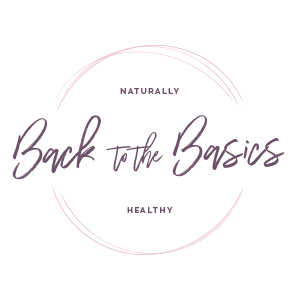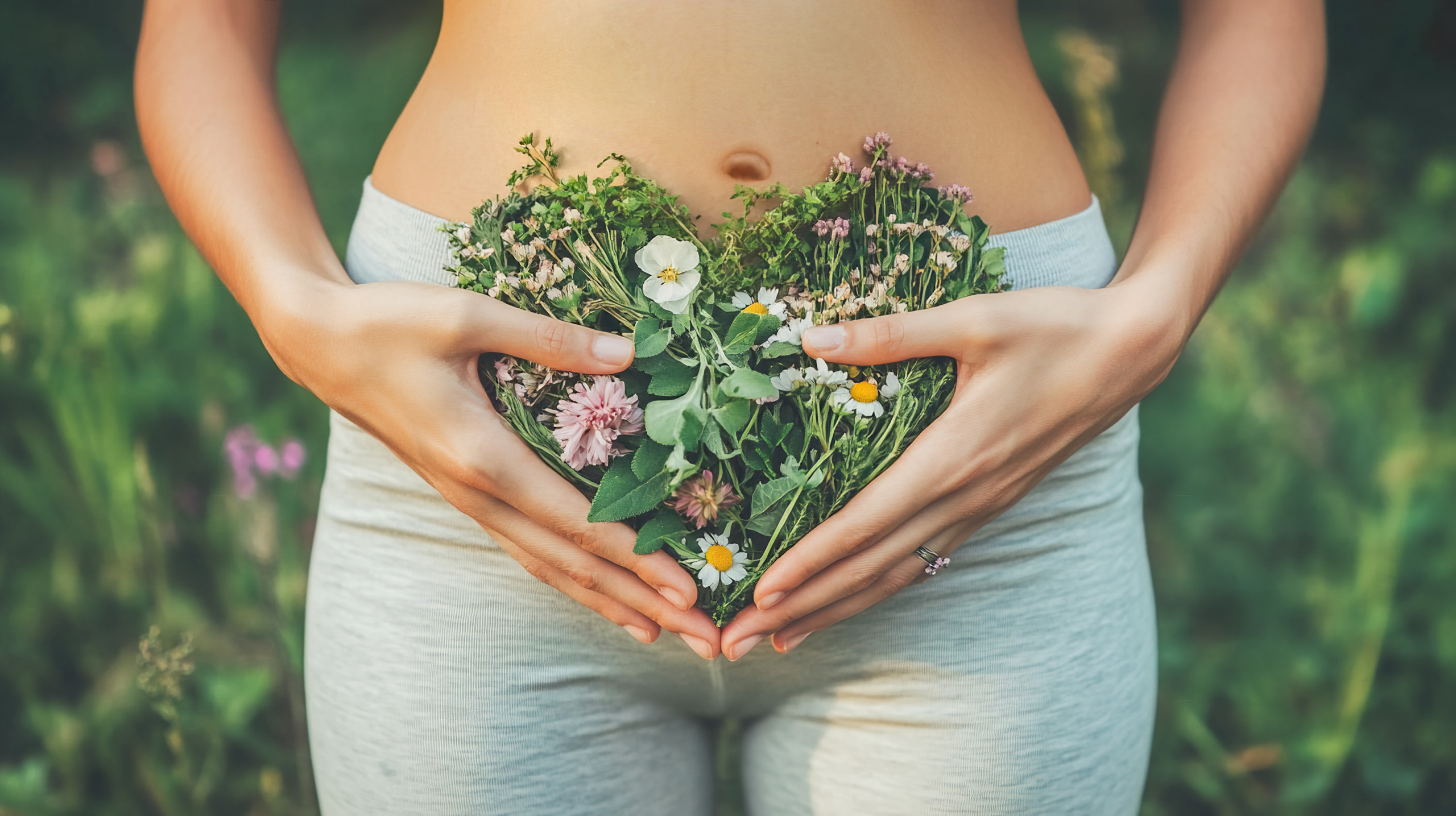Intestinal cleansing in 7 steps: how to balance your gut
Intestinal health plays a central role in our well-being. The gut is not only responsible for digestion, but also for a strong immune system, healthy skin and even our mental state. However, an unhealthy diet, stress, medication or environmental toxins can unbalance the intestinal flora and promote inflammation.
A targeted gut cleanse can help to detoxify the gut, build up healthy gut flora and support the immune system. A holistic gut cleanse comprises seven essential steps that regenerate the gut from the ground up.
1 Why is intestinal cleansing important?
The gut is home to trillions of microorganisms that are essential for numerous bodily functions. If the intestinal flora is out of balance, this can lead to various complaints:
✔ Flatulence, constipation or diarrhea
✔ Food intolerances
✔ Frequent infections and a weakened immune system
✔ Chronic tiredness and concentration problems
✔ Skin problems such as acne or eczema
A comprehensive intestinal cleanse can help to alleviate these complaints and improve intestinal health in the long term.
2. the 7 steps of a holistic intestinal cleanse
A successful intestinal cleanse should comprise several stages in order to sustainably cleanse, regenerate and keep the intestines healthy.
Step 1: Cleansing and detoxifying the intestines
Before the intestine can be rebuilt, it must be freed from old deposits, harmful substances and excess mucus. This is achieved by
- Psyllium husks and linseed: Help to remove deposits from the intestines.
- Bentonite or zeolite: These natural minerals bind toxins and support detoxification.
- Therapeutic fasting or intermittent fasting: relieves the intestines and gives them time to regenerate.
Step 2: Elimination of unwanted germs
Some people have an excess of certain “bad” germs such as clostridia, candida fungi or other harmful bacteria. These can cause inflammation and digestive problems. They are suitable for combating them:
- Natural antifungal or antibiotic herbs: oregano oil, black cumin or grapefruit seed extract can help reduce harmful germs.
- Ozovit (Pascoe company): A special intake is required here, not according to the package leaflet. Please feel free to contact me for this. Therapeutically, it is not about the magnesium, but about the oxygen
Step 3: Build up healthy intestinal flora
After cleansing and reducing unwanted germs, the intestinal flora should be rebuilt in a targeted manner. This includes
- Probiotics: High-quality probiotic preparations with lactobacilli and bifidobacteria help to strengthen the intestinal flora.
- Fermented foods: Sauerkraut, kimchi, kefir and kombucha provide natural probiotic cultures.
- Prebiotic fiber: Chicory, onions, leeks and asparagus promote the growth of healthy intestinal bacteria.
Step 4: Regeneration and healing of the intestinal mucosa
Many people suffer from a damaged or permeable intestinal mucosa (leaky gut syndrome). This can lead to food intolerances and autoimmune reactions. The following are suitable for regenerating the mucous membrane:
- L-glutamine: An amino acid that regenerates the intestinal mucosa.
- Zinc and vitamin D: Support the healing of the intestinal wall.
- Bone broth and collagen: Promote cell regeneration and strengthen the intestinal barrier.
- Colibiogen/ Synerga from the company Laves Pharma
Step 5: Regeneration of the mucus layer on the intestinal mucosa
The intestinal mucosa is covered by a protective layer ofmucus, which acts as an additional barrier and supports the growth of healthy bacteria. This mucus layer can be damaged by a poor diet or inflammation. Important measures for regeneration:
- High-fiber diet: psyllium husks, flaxseed and resistant starch (e.g. from cooked potatoes or rice that has been cooled).
- Foods that protect the mucous membrane: okra, aloe vera and chia seeds support the formation of mucus.
- Omega-3 fatty acids: from fish oil or linseed oil help to reduce inflammation.
Step 6: Balancing and supporting the immune system in the gut
As the gut is closely linked to the immune system, it is important to find the balance between an appropriate immune response and an excessive inflammatory reaction. Can help:
- Vitamin D and vitamin A: regulate the immune response in the intestine.
- Omega-3 fatty acids: have an anti-inflammatory effect.
- Adaptogenic herbs such as ashwagandha or rhodiola: Support the body’s resistance to stress, as chronic stress can disrupt the immune balance in the gut.
Step 7: Gut-friendly diet for long-term health
In order to maintain the positive effect of intestinal cleansing, a gut-friendly diet is essential. The following are recommended:
✔ Natural, unprocessed foods
✔ Lots of fiber from vegetables and legumes
✔ Healthy fats (avocado, olive oil, nuts)
✔ Avoid sugar, artificial additives and highly processed foods
✔ Adequate fluid intake (at least 2 liters of water daily)
3. how long does a bowel cleanse take?
The duration of an intestinal cleanse depends on the individual starting situation. As a rule, the entire process takes between 4 and 12 weeks. However, initial improvements are often noticeable after just a few days.
It is important that intestinal health is actively maintained even after bowel cleansing in order to achieve long-term success.
4. conclusion: intestinal cleansing for greater well-being
Intestinal cleansing is a proven method for regenerating the intestinal flora, strengthening the immune system and reducing inflammation. The seven steps – from cleansing and targeted build-up to long-term nutrition – ensure a lasting improvement in intestinal health.
As the gut plays a central role for the entire organism, it is worth paying regular attention to a healthy diet and lifestyle. Taking care of your gut is good for your whole body!


Leave A Comment